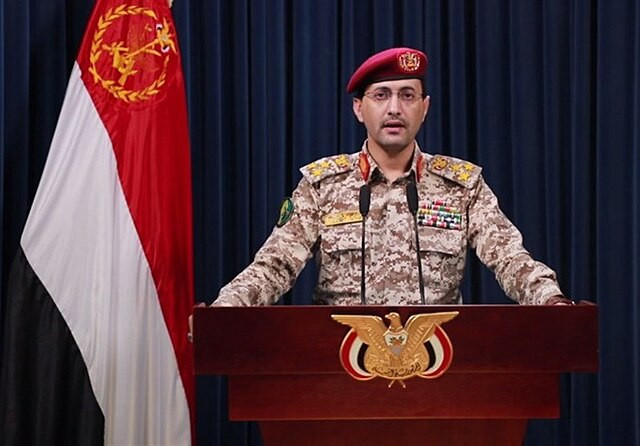The U.S. military carried out an airstrike on a key oil terminal held by Yemen's Houthi rebels late Thursday, killing at least 74 people and wounding 171 others, according to Houthi authorities. The attack marked the deadliest known strike to date in President Donald Trump's renewed military campaign targeting the Iran-backed group.
The strike hit the Ras Isa port facility in Yemen's Hodeida governorate, a major logistical site for the Houthis along the Red Sea. U.S. Central Command confirmed the attack Friday, stating that it aimed "to eliminate this source of fuel for the Iran-backed Houthi terrorists and deprive them of illegal revenue." The statement added, "This strike was not intended to harm the people of Yemen."
The port is a vital hub for importing diesel, gasoline, and liquefied petroleum gas into Houthi-controlled territory, and also serves as the endpoint of a critical pipeline from the oil-rich Marib region. Houthi media broadcast images of widespread destruction, including flaming tankers, charred bodies, and paramedics attempting to rescue survivors.
The Houthis described the strike as a "full-fledged war crime," calling the port a "civilian facility" and warning that the U.S. would be "fully responsible for the consequences resulting from its escalation in the Red Sea." Houthi-run Al-Masirah TV reported 14 airstrikes on Ras Isa and claimed that among the dead were fuel workers and five paramedics killed in follow-up strikes.
Satellite imagery reviewed by Planet Labs and the Associated Press confirmed substantial damage at the site, with fire-scorched storage tanks and oil leaking into coastal waters.
The U.S. strike came hours before the Israeli military intercepted a missile launched from Yemen, with air-raid sirens sounding in Tel Aviv. No casualties or damage were reported.
Thursday's strike adds to a campaign launched March 15 by the Trump administration following increased Houthi attacks on commercial vessels in the Red Sea and missile launches at Israel. Analysts say the campaign has grown more intense than under Trump's predecessor. "The overnight strike on the Ras Isa Fuel Port marks the first mass-casualty incident the Houthis have openly acknowledged and publicized," said Mohammed al-Basha, a Yemen specialist at Basha Report.
Earlier this month, President Trump posted black-and-white footage online of a prior U.S. airstrike he claimed had killed 70 militants. Houthi media countered that the group was attending a social Eid gathering and denied releasing the names of any militants killed. "Although the Houthis claimed it was a tribal gathering, they neither released any footage nor named a single casualty," al-Basha said.
Meanwhile, the State Department accused China's Chang Guang Satellite Technology Co. Ltd. of directly aiding Houthi attacks by providing imagery used to target U.S. and allied naval assets. "Beijing's support ... of the satellite company" "contradicts their claims of being peace supporters," said State Department spokesperson Tammy Bruce. China denied knowledge of the matter, with Foreign Ministry spokesman Lin Jian asserting that Beijing was focused on "de-escalating the situation."
Ras Isa had previously been the target of Israeli strikes following Houthi missile and drone attacks on Israel. The Houthis have launched over 100 attacks on commercial and military vessels since late 2023, killing at least four sailors and disrupting a major global trade corridor.






